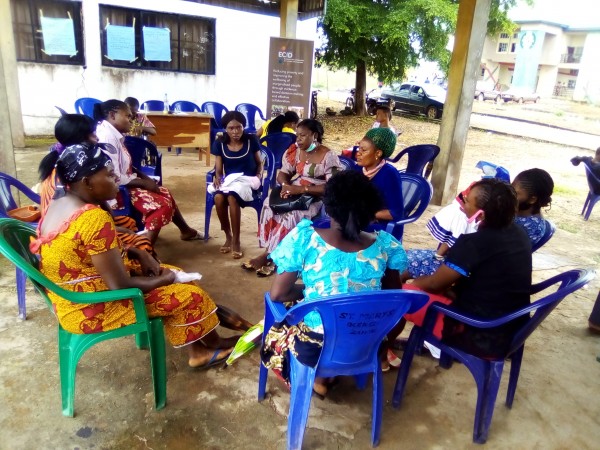Nigeria research report
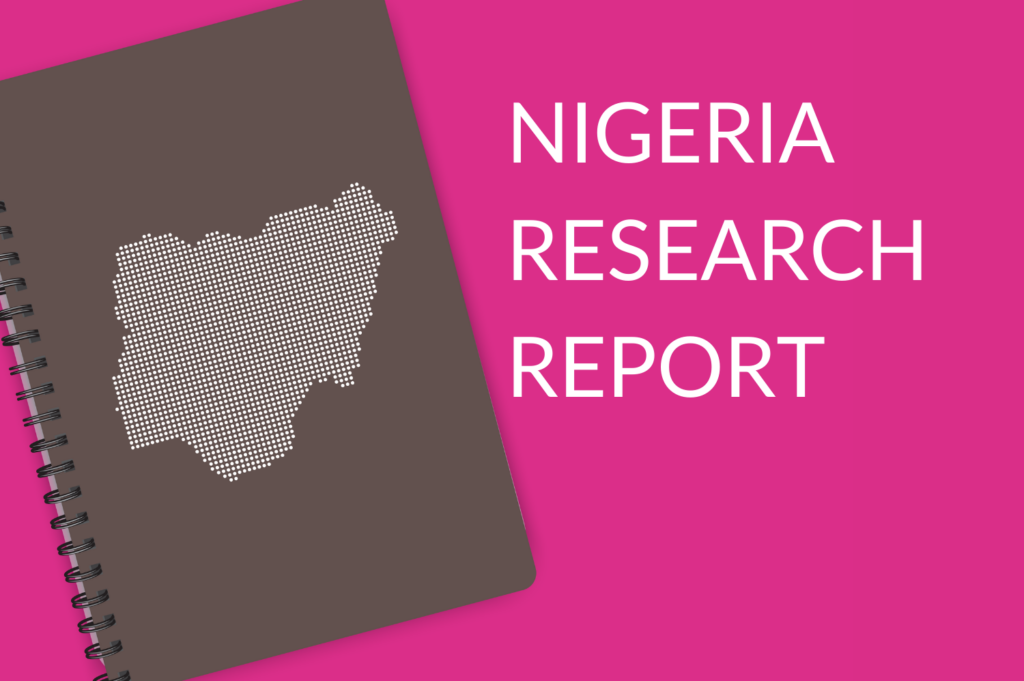
ECID in Nigeria is working with marginalised communities to realise their rights and improve access to services.
Where we work
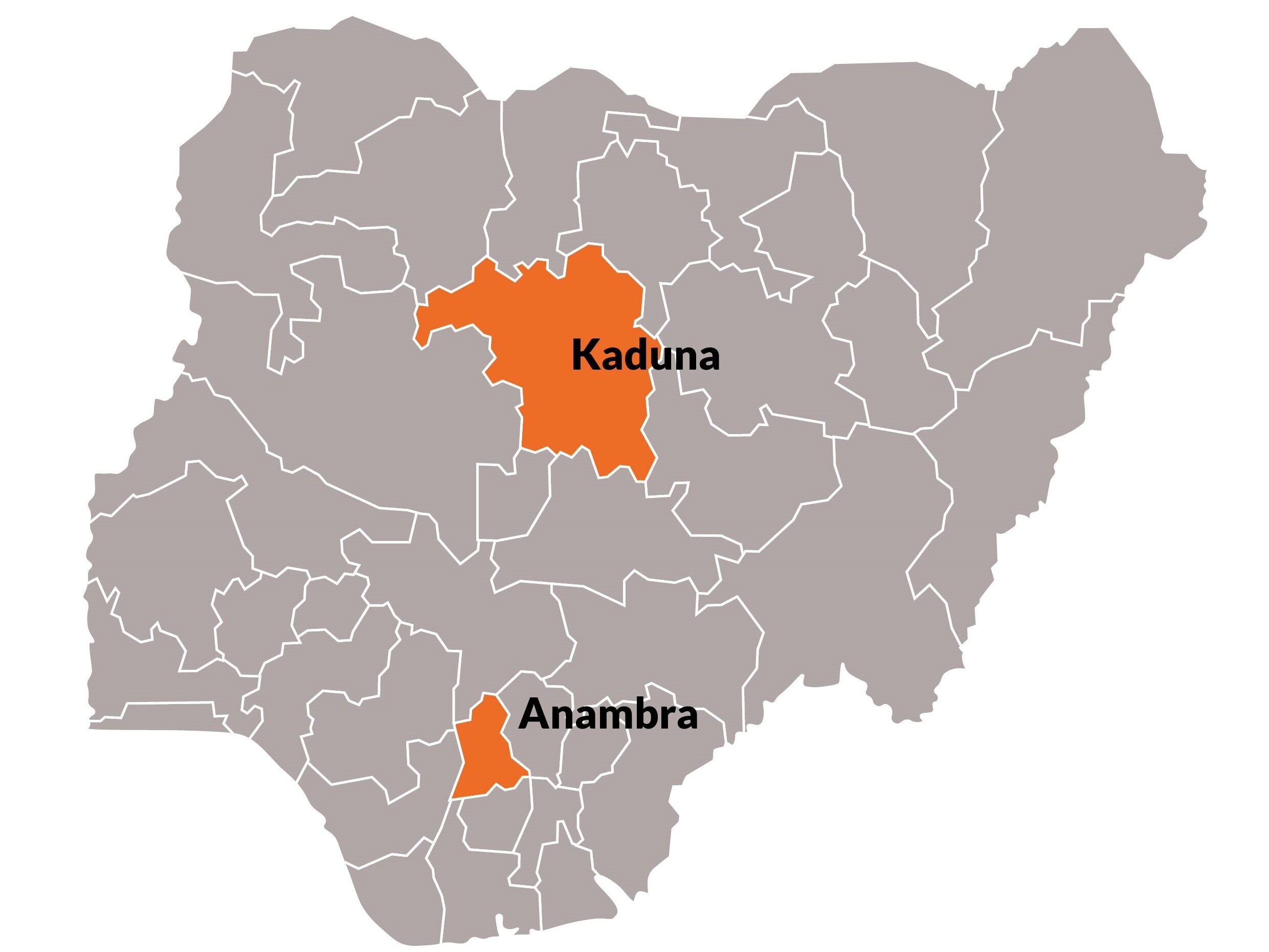
Nigeria has the highest number of people living in extreme poverty globally (87 million). High levels of poverty and a huge gap in inequality contribute to increasing levels of social exclusion. What’s more, excluded groups are most likely to be the poorest who become less able to access basic services.
Power dynamics within the policy process and lack of evidence used in planning result in services which rarely favour the poor. Therefore, a shift to rational decision-making processes based on data as evidence is essential.
Health, education, agriculture, and infrastructure are critical areas to achieving socio-economic development in Nigeria. In addition, key issues of service delivery revolve around many aspects which include;
We aim to contribute to reducing poverty and improving the wellbeing of over 200,000 people. We are focused on the most excluded groups; adolescents, poor rural women and people living with disabilities in Kaduna and Anambra States.
These groups have identified the services that they want to be prioritised in the programme as health, education, agriculture and infrastructure.
We are supporting civil society organisations and marginalised groups to collect and use data about their experiences. This can be used as evidence for engaging with government and decision makers about service provision.
Marginalised groups are also being empowered with the skills and knowledge to participate in policy and decision-making to effectively meet their needs.
To develop and deliver project activities we partner with local organisations.
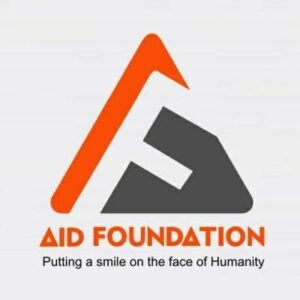

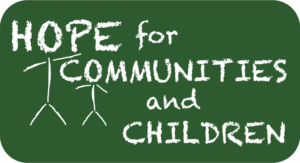
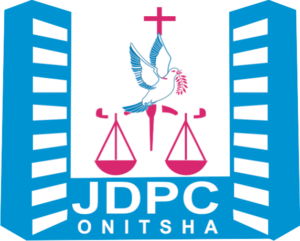
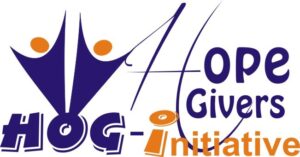
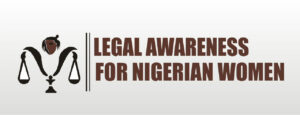
The latest news, views and insights from ECID in Nigeria
Find out about ECID research project in Nigeria.
